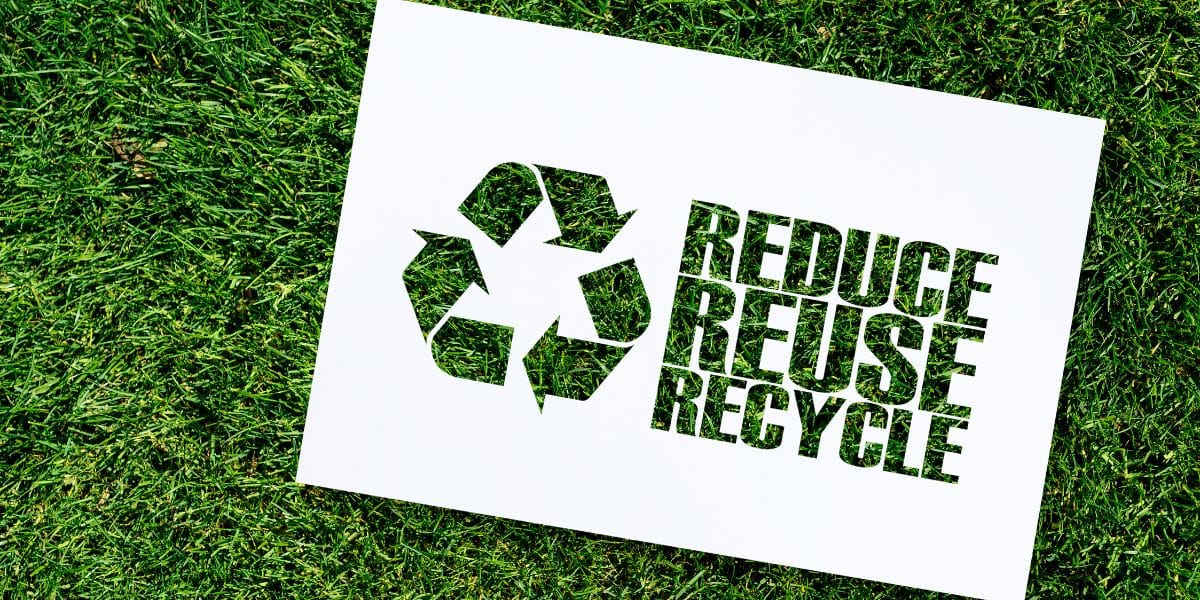As environmental awareness grows, more homeowners are seeking ways to incorporate sustainability into their renovation projects. The kitchen, often considered the heart of the home, is a perfect place to start. An eco-friendly kitchen remodel not only helps protect the planet but can also lower your energy bills and create a healthier living space for your family.
This guide will walk you through practical steps to make your kitchen renovation more sustainable, from choosing the right materials to investing in energy-efficient appliances. By the end, you’ll feel empowered to create a kitchen that is as kind to the environment as it is beautiful and functional.
Plan with Sustainability in Mind
Set Eco-Friendly Goals
Before diving into your remodel, take some time to define what sustainability means for your project. Are you focused on reducing energy consumption? Do you want to prioritize using renewable materials? Setting clear goals upfront will help guide your decisions and ensure your kitchen aligns with your values.
Choose a Green Design
Partnering with a contractor who specializes in eco-friendly renovations can make a big difference. Green design professionals are skilled in minimizing material waste and maximizing efficiency. Additionally, consider using design tools that allow for 3D visualization, helping you reduce errors and avoid unnecessary material use during construction.
Use Sustainable Materials
Eco-Friendly Countertops
Countertops are a focal point in any kitchen, and selecting sustainable materials can make a big impact. Sure, granite countertops have their advantages. But recycled glass countertops offer a modern, eco-conscious aesthetic, while bamboo and reclaimed wood provide warmth and durability. Look for options that combine beauty with a low environmental footprint.
Cabinets and Flooring
Cabinetry and flooring are other areas where sustainable choices shine. Opt for cabinets made from FSC-certified wood, which ensures responsible forestry practices. For flooring, consider cork, a renewable material, or reclaimed hardwood for a unique and environmentally friendly touch.
Low-VOC Paints and Finishes
Many paints and finishes release volatile organic compounds (VOCs), which can harm indoor air quality. Choosing low-VOC or no-VOC options will improve the air you breathe while reducing your environmental impact.

Energy-Efficient Appliances and Lighting
Upgrade to ENERGY STAR Appliances
One of the most impactful changes you can make in your kitchen remodel is replacing old appliances with ENERGY STAR-certified models. These appliances are designed to use significantly less energy and water, helping you lower utility bills while reducing your carbon footprint. From refrigerators to dishwashers, there are energy-efficient options for every major kitchen appliance.
Install LED Lighting
Lighting plays a key role in the kitchen’s functionality and ambiance, but it doesn’t have to come at a high energy cost. LED lights consume up to 75% less energy than traditional bulbs and last significantly longer, making them a cost-effective and eco-friendly choice. Consider installing dimmers or motion sensors to optimize energy use further.
Smart Technology
Integrating smart technology into your kitchen can take energy efficiency to the next level. Smart appliances, such as ovens and refrigerators, allow you to monitor and control energy usage remotely. Additionally, a smart thermostat can regulate your kitchen’s temperature more efficiently, reducing wasted energy.
Imagine controlling the lighting and built-in features of your kitchen island with smart technology, enhancing both functionality and energy efficiency.
Water Conservation Features
Low-Flow Fixtures
Water is a precious resource, and upgrading to low-flow faucets and fixtures is a simple yet effective way to conserve it. Look for fixtures with the WaterSense label, which ensures they meet EPA water-efficiency standards without compromising performance.
Water Filtration Systems
Instead of relying on bottled water, consider installing a built-in water filtration system during your remodel. Not only does this reduce plastic waste, but it also ensures your family has access to clean, great-tasting water directly from the tap.
Greywater Systems
For homeowners looking to make a significant environmental impact, greywater recycling systems are an excellent option. These systems collect wastewater from sinks and other sources and reuse it for irrigation or other non-potable purposes. While it requires an upfront investment, a greywater system can reduce your household water consumption dramatically.

Recycle and Reuse
Salvage Materials
Before tearing out your old kitchen, take inventory of materials that can be salvaged. Items like cabinet doors, hardware, and even countertops can be repurposed or refinished to fit into your new design. Incorporating reclaimed materials not only reduces waste but also adds character and uniqueness to your kitchen.
Donate or Recycle Old Materials
If your existing materials can’t be reused in your remodel, consider donating them to organizations like Habitat for Humanity. Many local recycling programs also accept construction materials such as metal, wood, and tile. This ensures that fewer items end up in a landfill and helps others in need.
Repurpose Existing Features
Get creative by repurposing elements from your old kitchen. For example, transform an old cabinet into a storage bench or turn unused countertops into a work desk. Upcycling can save money and give your remodel a personal, eco-friendly touch.
Embrace Renewable Energy
Solar Panels
If you’re undertaking a major kitchen renovation, it’s a great opportunity to consider installing solar panels. These panels can power your appliances and lighting, significantly reducing your reliance on non-renewable energy sources. Many regions also offer tax credits or rebates for solar panel installations, helping offset the initial cost.
Renewable Energy Incentives
Research local and federal incentives for renewable energy upgrades. Many programs reward homeowners for incorporating eco-friendly features like solar panels, energy-efficient windows, or smart thermostats. These incentives can make your kitchen remodel more affordable while aligning with your sustainability goals.
Conclusion
An eco-friendly kitchen remodel isn’t just a trend—it’s a meaningful way to contribute to a healthier planet while enhancing your home’s functionality and value. By incorporating sustainable materials, energy-efficient appliances, water-saving features, and renewable energy solutions, you can create a kitchen that’s as beautiful as it is environmentally responsible.
Ready to make your dream kitchen a reality? A kitchen remodeling contractor like Quillen Construction Group specializes in eco-friendly renovations that bring your vision to life while keeping sustainability at the forefront. Contact us today to learn how we can help you create a kitchen that’s both stylish and sustainable.
